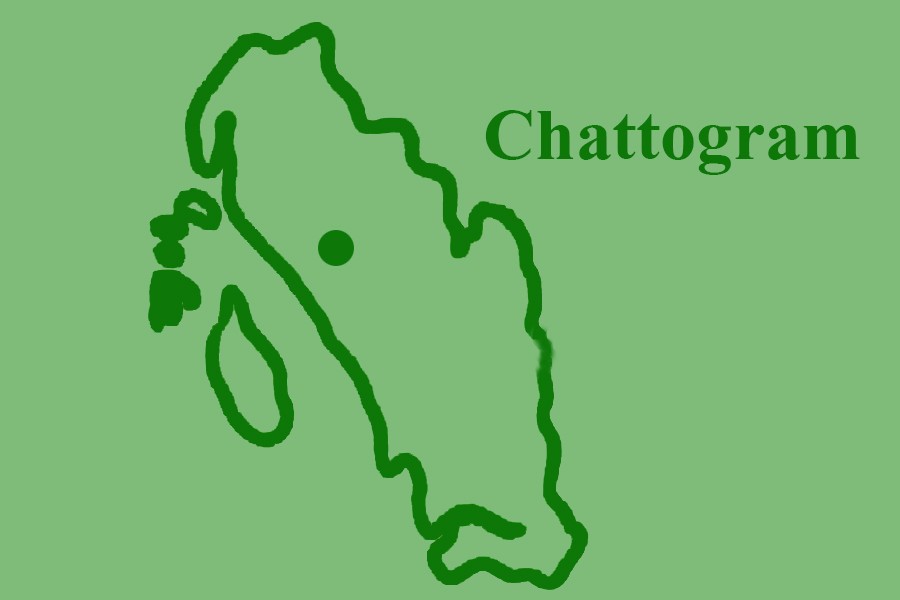With a Tk 100 contribution from each interested person, the Chattogram Field Hospital is almost operational with required facilities within a short time for COVID-19 patients.
"Everything is ready. We’ll receive patients from Tuesday," Public Health expert Dr Bidduth Barua said, thanking everyone for supporting the initiative, reports UNB.
He said there will be accommodation for 60 patients with required facilities including ventilation.
Dr Bidduth, who came up with the idea of the hospital, said there will be ICU facilities within the next seven days. "We all worked together round the clock to implement our joint initiative,” he said.
There is a dedicated team of 10 doctors, required number of nurses and a big number of volunteers.
Navana Group, one of the largest private companies in the country, provided land at Faujdarhat of Sitakunda upazila for the Hospital. The site was selected considering its proximity to Bangladesh Institute of Tropical and Infectious Diseases (BITID), the only lab in Chattogram that can conduct coronavirus tests.
Asked whether there is any plan to expand the hospital, Dr Bidduth said there isn’t. "We want to provide quality services in a limited way."
He said he is ready to extend support and share experiences and ideas with anyone willing to replicate this project.
Chattogram City Corporation Mayor AJM Nasir Uddin, director of Chattogram divisional Directorate General of Health Services (DGHS) Hasan Shahriar Kabir and Navana Group Vice-Chairman Sajedul Islam visited the hospital to see the preparations.
Until Sunday night, 1,451 samples were tested at BITID and 69 of them were found positive. Kabir said BITID tested 113 samples in the last 24 hours and found 10 positive cases.
The confirmed death toll in the country from coronavirus rose to 101 on Monday as 10 more people died in the last 24 hours. The country has so far confirmed 2,948 cases.
There have been more than 2.3 million officially confirmed cases since coronavirus was first reported in China. So far, over 160,000 of the patients have died.
The international community has asked for $675 million to help protect states with weaker health systems as part of its Strategic Preparedness and Response Plan.


